To provide the best experiences, we use technologies like cookies to store and/or access device information. Consenting to these technologies will allow us to process data such as browsing behaviour or unique IDs on this site. Not consenting or withdrawing consent, may adversely affect certain features and functions.
The technical storage or access is strictly necessary for the legitimate purpose of enabling the use of a specific service explicitly requested by the subscriber or user, or for the sole purpose of carrying out the transmission of a communication over an electronic communications network.
The technical storage or access is necessary for the legitimate purpose of storing preferences that are not requested by the subscriber or user.
The technical storage or access that is used exclusively for statistical purposes.
The technical storage or access that is used exclusively for anonymous statistical purposes. Without a subpoena, voluntary compliance on the part of your Internet Service Provider, or additional records from a third party, information stored or retrieved for this purpose alone cannot usually be used to identify you.
The technical storage or access is required to create user profiles to send advertising, or to track the user on a website or across several websites for similar marketing purposes.
 Between March 2020 and September 2021, millions of workers furloughed under the UK government’s Coronavirus Job Retention Scheme lived what for many of us is a dream: being paid not to work. Through interviews, I’ve researched the impact of this time on 35 people who were furloughed under the scheme. I found that for some, furlough created opportunities for reflection and growth, but for most of my interviewees it was a time of uncertainty and disorientation. (more…)
Between March 2020 and September 2021, millions of workers furloughed under the UK government’s Coronavirus Job Retention Scheme lived what for many of us is a dream: being paid not to work. Through interviews, I’ve researched the impact of this time on 35 people who were furloughed under the scheme. I found that for some, furlough created opportunities for reflection and growth, but for most of my interviewees it was a time of uncertainty and disorientation. (more…)






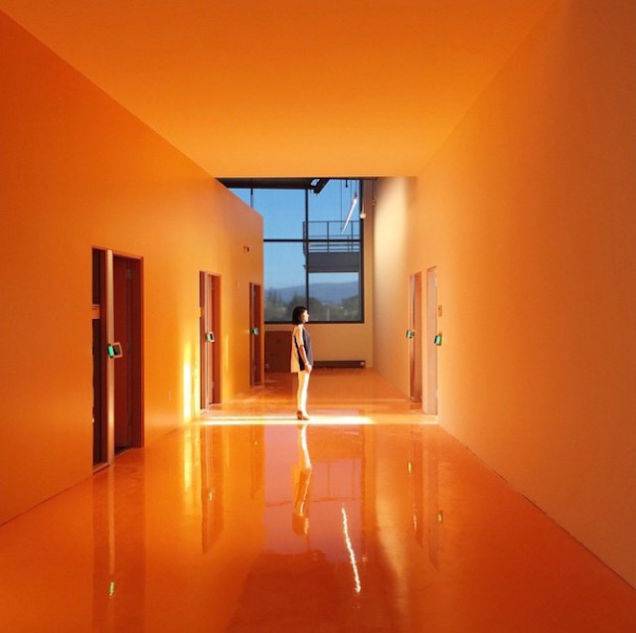


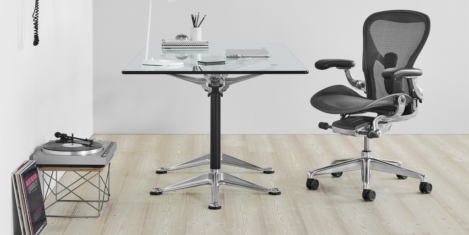
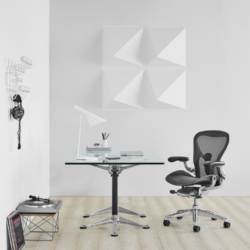



 You may recall that a couple of years ago, The Great Resignation was one of a handful of things with which certain people had become obsessed. Over a period of about six months at the end of 2021 and beginning of 2022, we were told repeatedly that huge numbers of people were about to quit their jobs to move to something better, pursue their dream of self-employment or whatever. But, the proportion of people saying this was more or less the same as it had always been. Ask people at the end of any year about their plans for the next twelve months, and around 30-40 percent of them will tell you they want a new job or to pursue an old dream.
You may recall that a couple of years ago, The Great Resignation was one of a handful of things with which certain people had become obsessed. Over a period of about six months at the end of 2021 and beginning of 2022, we were told repeatedly that huge numbers of people were about to quit their jobs to move to something better, pursue their dream of self-employment or whatever. But, the proportion of people saying this was more or less the same as it had always been. Ask people at the end of any year about their plans for the next twelve months, and around 30-40 percent of them will tell you they want a new job or to pursue an old dream. 




 This was originally published in December 2020. All happy families are alike; each unhappy family is unhappy in its own way. As is now the way of these things, the famous opening words of Anna Karenina have been used to name a principle that is applied across a wide range of fields. It describes how success can only happen in one way, but failure comes in many forms.
This was originally published in December 2020. All happy families are alike; each unhappy family is unhappy in its own way. As is now the way of these things, the famous opening words of Anna Karenina have been used to name a principle that is applied across a wide range of fields. It describes how success can only happen in one way, but failure comes in many forms. 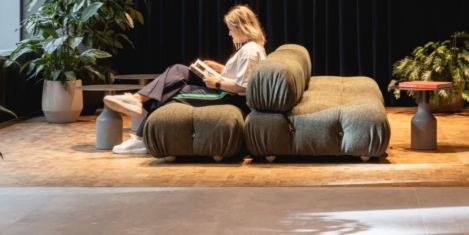
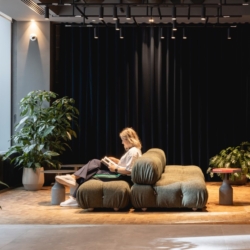
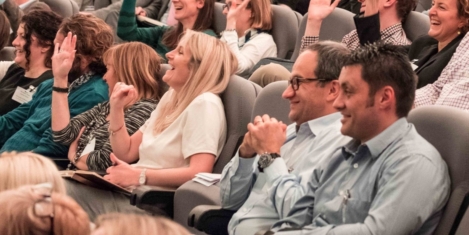
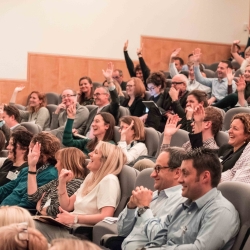








February 7, 2024
Of mice and men
by Mark Eltringham • Comment, Flexible working, Technology